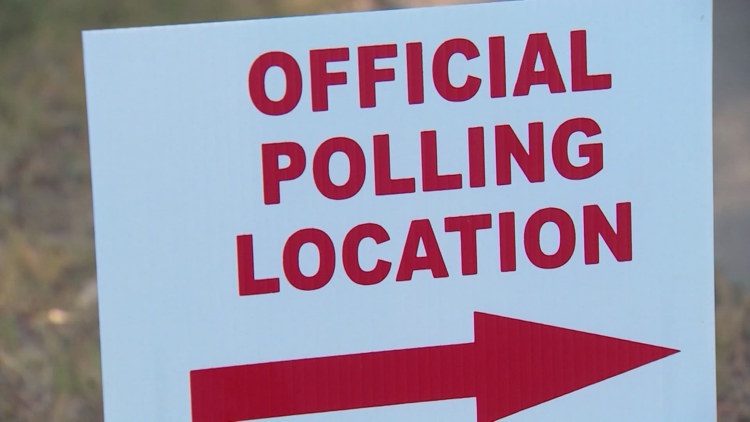DALLAS — It's a vote that comes around once every four years, so we don't fault you for forgetting what you need to bring to the polls.
First, let's get some important information out of the way. Early voting started Monday in Texas and runs through Nov. 1, and Election Day is Nov. 5. Before you head to the polls, make sure you are registered to vote in Texas. You can check your registration status here.
You should also know where to vote. Early voters can go to any polling location, but if you're planning on going on Election Day, you'll need to find your specific location. You can check out our voter guide to find your Election Day polling location.
The most important thing to bring to the polls is yourself, but here's a list of the things you should have if you want to make it to the ballot box.
What do I need to bring with me to go vote?
If you want to vote, these items are acceptable forms of photo ID:
- Texas Driver License issued by the Texas Department of Public Safety (DPS)
- Texas Election Identification Certificate issued by DPS
- Texas Personal Identification Card issued by DPS
- Texas Handgun License issued by DPS
- United States Military Identification Card containing the person’s photograph
- United States Citizenship Certificate containing the person’s photograph
- United States Passport (book or card)
Outside of the U.S. Citizenship Certificate, all of these forms of ID are not to be expired by more than four years for voters ages 18-69. If you're 70 years or older, your ID can be expired by any length of time.
What if I don't have one of those forms of ID?
Voting is still possible without one of the above forms of ID. You just need one of these alternate forms of ID:
- Copy or original of a government document that shows the voter’s name and an address, including the voter’s voter registration certificate;
- Copy of or original current utility bill;
- Copy of or original bank statement;
- Copy of or original government check;
- Copy of or original paycheck; or
- Copy of or original of (a) a certified domestic (from a U.S. state or territory) birth certificate or (b) a document confirming birth admissible in a court of law which establishes the voter’s identity (which may include a foreign birth document).
After presenting one of the forms of supporting ID listed above, the voter must execute a Reasonable Impediment Declaration.



